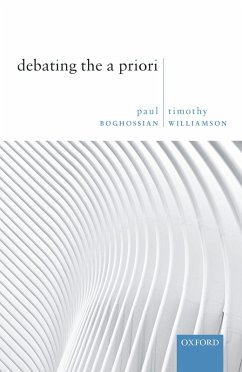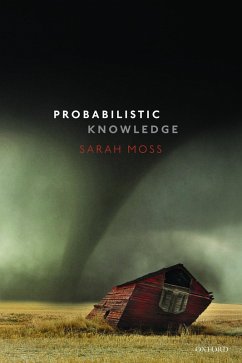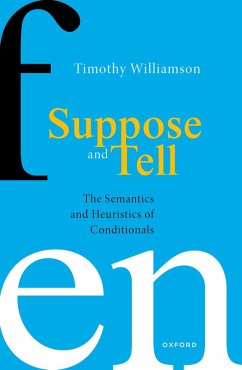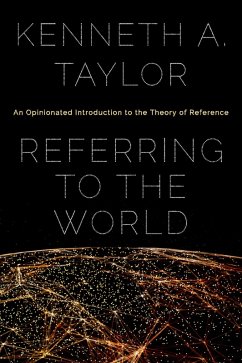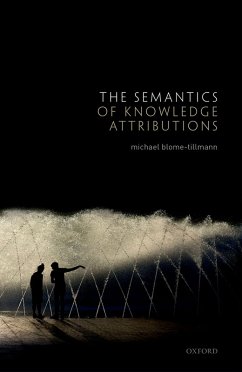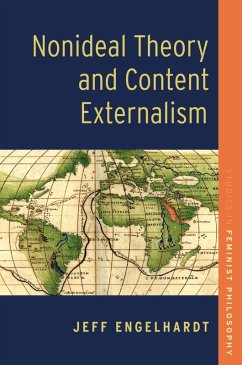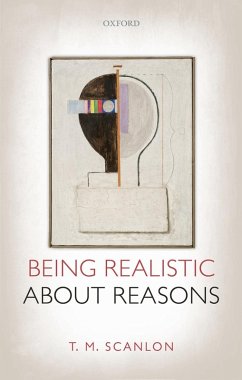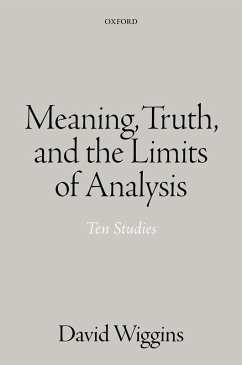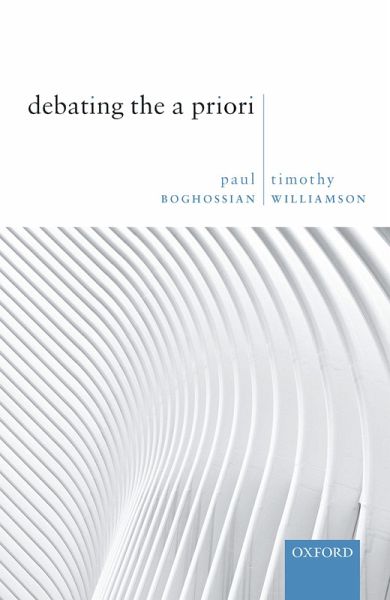
Debating the A Priori (eBook, ePUB)
Versandkostenfrei!
Sofort per Download lieferbar
8,95 €
inkl. MwSt.
Weitere Ausgaben:

PAYBACK Punkte
4 °P sammeln!
What kind of knowledge could be obtainable just by thinking? Debating the A Priori presents a series of exchanges between two leading philosophers on how to answer this question. In this extended debate, Boghossian and Williamson contribute alternating chapters which develop radically contrasting views and present detailed replies to each other's arguments. A central case is the nature of basic logical knowledge and the justification for basic deductive inferences, but the arguments range widely across epistemology, the philosophy of language, and metaphilosophy. The debate takes in the status...
What kind of knowledge could be obtainable just by thinking? Debating the A Priori presents a series of exchanges between two leading philosophers on how to answer this question. In this extended debate, Boghossian and Williamson contribute alternating chapters which develop radically contrasting views and present detailed replies to each other's arguments. A central case is the nature of basic logical knowledge and the justification for basic deductive inferences, but the arguments range widely across epistemology, the philosophy of language, and metaphilosophy. The debate takes in the status of the distinctions between analytic and synthetic and between a priori and a posteriori, as well as problems concerning the conditions for linguistic understanding and competence, and the question of what it might be to grasp a concept or to have an intuition. Both authors explore implications for how philosophy itself works, or should work. The result vividly exposes some of the main fault lines in contemporary philosophy, concerning the relation between reason and experience, the status of basic beliefs, the nature of concepts and intuitions, the role of language in our understanding of the world, how to study knowledge, and what it is to do philosophy. Both authors provide conclusions which sum up their positions and place the arguments in context. Their lively and engaging exchanges allow the reader to follow up-close how a philosophical debatte evolves.
Dieser Download kann aus rechtlichen Gründen nur mit Rechnungsadresse in A, B, BG, CY, CZ, D, DK, EW, E, FIN, F, GR, HR, H, IRL, I, LT, L, LR, M, NL, PL, P, R, S, SLO, SK ausgeliefert werden.




